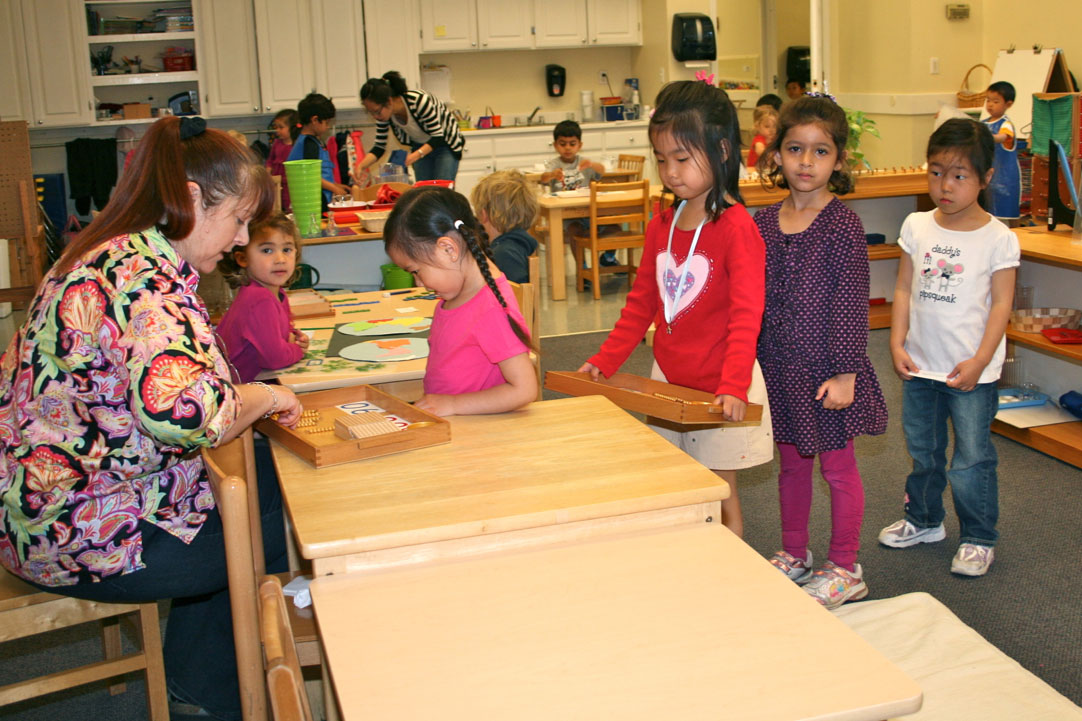
Fostering Montessori Social Skills for Lifelong Connections
Montessori education goes beyond academics; it aims to cultivate well-rounded individuals with strong social skills. In this exploration, we delve into the principles and practices that make Montessori an effective platform for nurturing social intelligence.
The Montessori Approach to Social Skills Development
Montessori education places a significant emphasis on the development of social skills alongside academic achievements. Through carefully designed activities and a prepared environment, children are encouraged to interact, collaborate, and communicate effectively with their peers.
Mixed-Age Classrooms: A Social Microcosm
One distinctive feature of Montessori classrooms is the inclusion of mixed-age groups. This intentional arrangement mirrors real-world social dynamics, providing opportunities for younger children to learn from their older peers and older children to develop leadership skills and empathy.
Freedom within Limits: Nurturing Responsibility
Montessori philosophy advocates for freedom within limits. This approach teaches children to make responsible choices and understand the consequences of their actions. By fostering a sense of responsibility, Montessori education lays the groundwork for strong social values and ethical behavior.
Practical Life Activities: Building Social Competence
Practical life activities in Montessori classrooms serve a dual purpose—they develop essential life skills and enhance social competence. Children engage in everyday tasks such as setting a table or caring for plants, promoting cooperation, and a sense of community.
Conflict Resolution Skills: Learning to Navigate Differences
Montessori environments recognize that conflicts are a natural part of social interactions. Children are guided through conflict resolution processes, teaching them valuable skills in communication, empathy, and compromise. These tools empower them to navigate differences in a constructive manner.
Grace and Courtesy Lessons: Politeness in Practice
Montessori education incorporates grace and courtesy lessons, instilling politeness and respect for others. These lessons cover everything from saying “please” and “thank you” to more complex social etiquette, fostering a culture of consideration and kindness.
Independent Work and Collaborative Play: Finding the Balance
While independence is encouraged in Montessori classrooms, collaborative play is equally important. Balancing independent tasks with group activities allows children to develop self-regulation and teamwork skills, essential for harmonious social interactions.
Nature and Outdoor Exploration: Connecting with the Environment
Montessori education often integrates nature and outdoor activities into the curriculum. This connection with the environment not only promotes a love for nature but also encourages teamwork and social bonds as children explore and learn together in outdoor settings.
Cultural Awareness: Embracing Diversity
Montessori education emphasizes global awareness and cultural understanding. By exposing children to diverse perspectives and traditions, they develop open-mindedness, tolerance, and an appreciation for the rich tapestry of human experiences.
Parental Involvement: Extending the Montessori Philosophy Home
The principles of Montessori education extend beyond the classroom. Collaborative efforts between educators and parents reinforce social skills development at home. Consistent application of Montessori principles in both environments enhances the child’s overall social intelligence.
For a more in-depth exploration of Montessori social skills and their impact, visit Montessori Social Skills. Discover insights, resources, and practical tips to further support your child’s social development.
In conclusion, Montessori education is a holistic approach that recognizes the importance of social skills in a child’s overall development. Through intentional practices, mixed-age classrooms, and a focus on responsibility and courtesy, Montessori sets the stage for children to cultivate lifelong social connections. Explore www.igaseng.com for additional resources on Montessori social skills.



